EATiP is delighted to have been engaged in the drafting of the Shanghai Declaration – adopted by the participants of the Conference on Aquaculture Millennium + 20 on 24 September 2021.
The Shanghai Declaration, a key output from the GCA +20, represents a road map to optimize the role that aquaculture can play in achieving the 2030 Agenda for Sustainable Development. As part of that road map, the multi stakeholder platform approach is strongly endorsed as a method for ensuring sustainable development of the sector, including in the development of strategic research and innovation agendas and collaborative joint working.
What is the Shanghai Declaration? The Shanghai Declaration was drafted by a small group of globally recognized aquaculture experts, followed by consultations with a wider group with appropriate technical, regional and gender balance, including members of the International Organizing Committee and International Programme Committee of the GCA +20 Conference. The subsequent draft was opened for comment by all registered participants at the event, with comments incorporated to the extent possible.
The full text of the Declaration is available here.
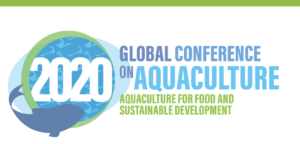 Commenting on behalf of the Board of Directors in a public expression of support for the Shanghai Declaration, EATiP General Secretary David Bassett stated:
Commenting on behalf of the Board of Directors in a public expression of support for the Shanghai Declaration, EATiP General Secretary David Bassett stated:
“EATiP welcomes the publication of the Shanghai Declaration: Aquaculture for food and sustainable development. The Declaration clearly conveys the vital role aquaculture has to play in contributing to the Sustainable Development Goals and towards the sustainable development of aquatic foods within an environmentally responsible, sustainable and climate smart food system. EATiP particularly welcome the commitments within the vision towards:
- Strengthening partnerships to generate and share knowledge, information and technology
- Investing in aquaculture innovation, research and development
- Creating open and transparent communication about sustainable aquaculture
We believe it is key that we improve the image and social license of the sector to improve knowledge, perceptions and acceptability of aquaculture and its products. We endorse the commitment given to fostering an enabling environment and strengthening partnerships through multi stakeholder innovation platforms, including the reinvigoration of global development, cooperation and networking. The modernising and development of traditional aquaculture through technology, innovative approaches and encompassing digital technologies, capacity development programmes, education and extension activities will be central to the aims of objectives of delivering and fulfilling the stated intentions within the Declaration. We support the promotion of programmes for knowledge transfer, the development or local, regional or national strategic research and innovation agendas and the scope for multi stakeholder platforms to assist in the development and delivery of democratic and objective aquaculture governance models.
EATiP welcomes the Call for Action contained within Annex 1 of the Declaration and points A – J contained therein. Within expanding the contribution of aquaculture to sustainable food systems and the integration of aquaculture with the natural environment, other sectors, and within food systems for increased resilience, we particularly welcome the stated commitment to, “encouraging and promoting the development of regional and national multi stakeholder platforms to instigate collaborative joint working amongst industry, research, academic and other stakeholders to develop strategic research and innovation agendas for local, regional and national aquaculture development.”
We believe EATiP is a working example of the successful application of this methodology and we pledge to work alongside other partners in the Declaration and FAO in the promotion and development of this approach.
Furthermore, we encourage commitments towards stimulating demand-led and relevant research and innovations through strengthening partnerships, centres of excellence, academia, state and non state actors and encouraging public-private partnerships and investment. We further encourage embracing broad stakeholder involvement through consultation and active participation to build consensus around sustainable development goals and objectives.”

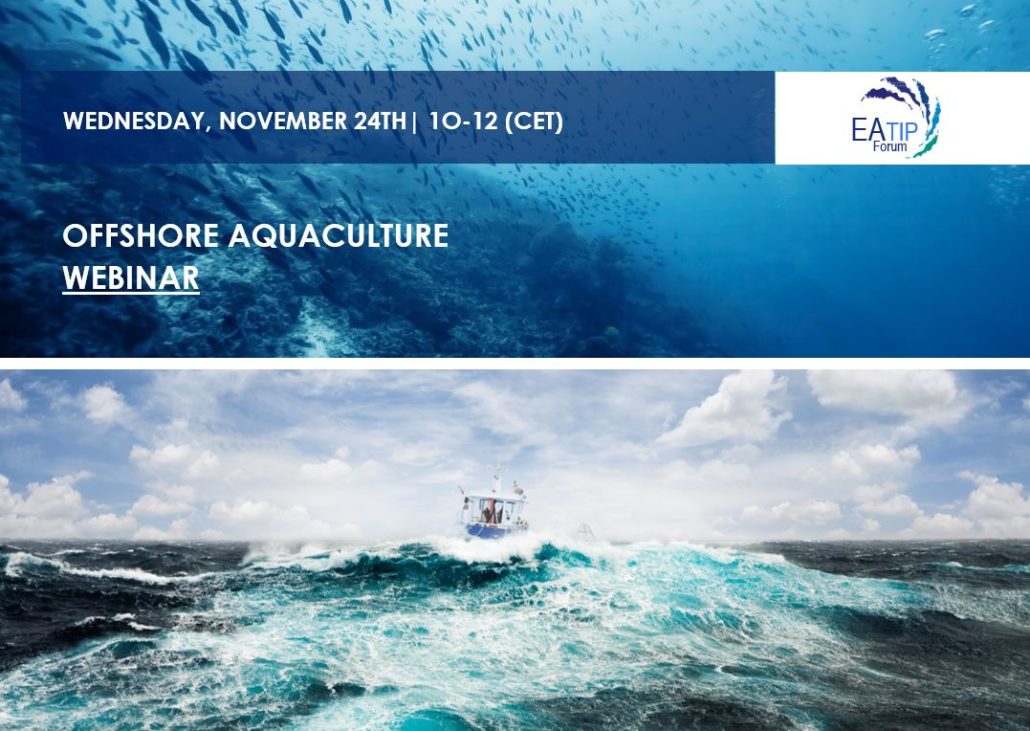
 Commenting on behalf of the Board of Directors in a public expression of support for the Shanghai Declaration, EATiP General Secretary David Bassett stated:
Commenting on behalf of the Board of Directors in a public expression of support for the Shanghai Declaration, EATiP General Secretary David Bassett stated: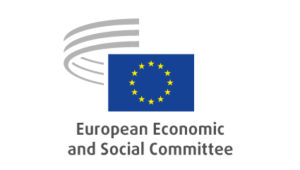
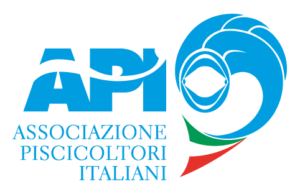
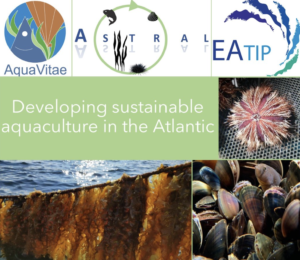
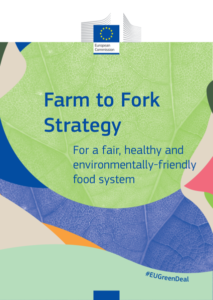
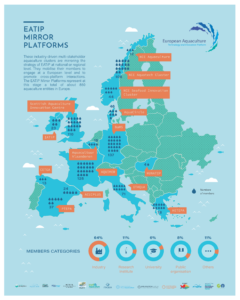
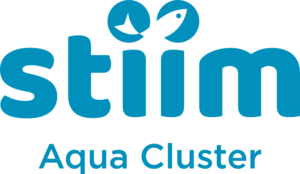
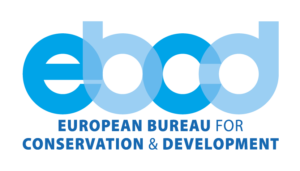 Established in Brussels in 1989, EBCD fosters dialogue and cooperation on ocean governance among all stakeholders, and works together with EU and UN institutions to advance progress on sustainable development.
Established in Brussels in 1989, EBCD fosters dialogue and cooperation on ocean governance among all stakeholders, and works together with EU and UN institutions to advance progress on sustainable development.